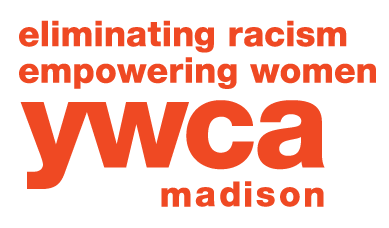Adaku Utah
Born in Baltimore, Maryland, raised in Festac, Nigeria, grounded in their legacy of organizers, farmers and healers, Adaku harnesses her seasoned skills as a grassroots strategist, abolitionist healer, movement facilitator, somatics coach and ritual artist as an act of love and commitment to her community. They enjoy co-cultivating strategic, sustainable, and impactful social justice leaders and organizations. For over twenty years, their work has centered on movements for radical social change, with a focus on gender, reproductive, race, youth, and healing justice.
They are currently the Senior Manager of Movement Building Programs at the Building Movement Project, a national nonprofit organization that catalyzes social change through research, relationships, and resources. Here they get to work with movement-building organizations on short-term rapid-response efforts and long-term projects to deepen solidarity within and across networks and ecosystems. I also uplift narratives through the Solidarity Is This podcast, conduct transformative trainings and workshops, and develop resources and tools to catalyze strategic solidarity practices.
He most recently was the Organizing Director at the National Network of Abortion Funds, building and mobilizing organizing power and movement building efforts with 90+ member organizations, thousands of individual members, and network leaders across the country and world.
For the past 9 years, they have been co-facilitating Harriet’s Apothecary, an all-Black collective of healers, organizers, and artists committed to embodying Harriet Tubman’s legacy of centering abolition and healing justice in how we organize to create and sustain liberation and transformation.
She is a Senior teacher and coach with BOLD (Black Organizing for Leadership and Dignity), a national leadership training program designed to help rebuild Black social justice infrastructure to organize Black communities more effectively and re-center Black leadership in the U.S. social justice movement. She also teaches and coaches with Generative Somatics, a national organization that supports social and climate justice movements in achieving their visions of a radically transformed society by bringing somatic transformation to movement leaders, organizations, and alliances.

